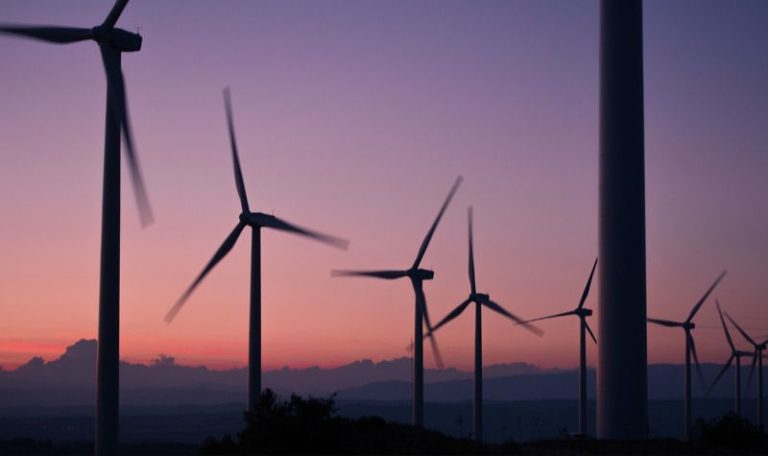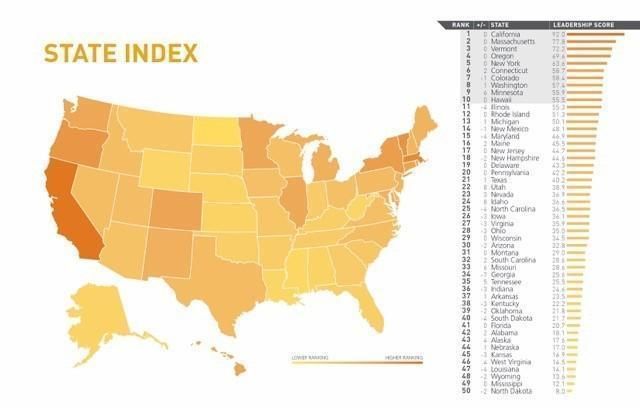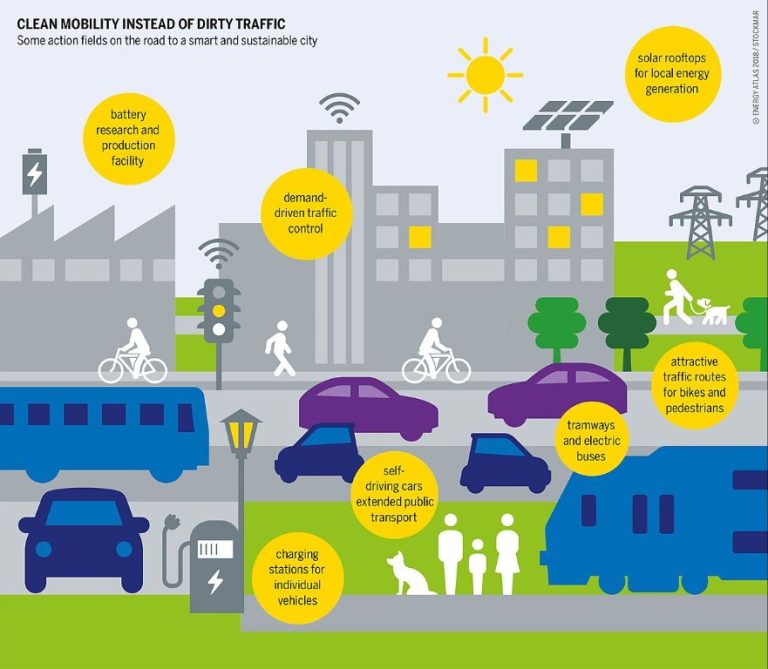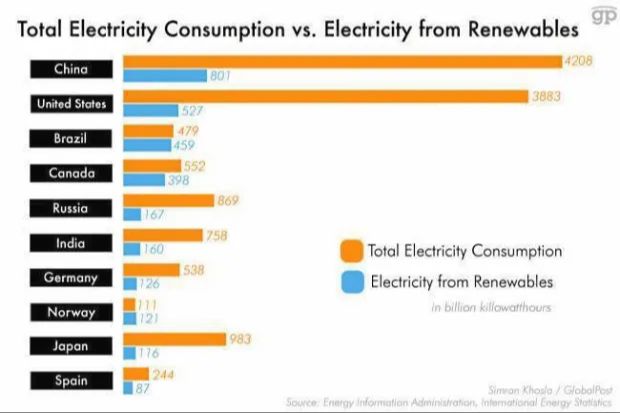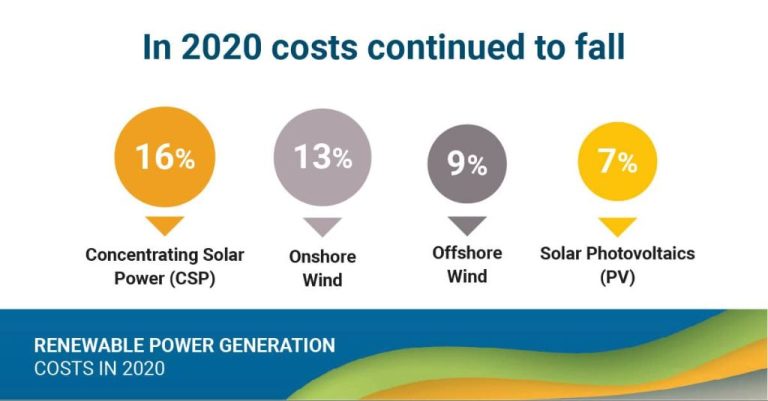Is Energy Procedia A Journal?
What is Energy Procedia?
Energy Procedia is an open access journal published by Elsevier focusing on energy research, technology, and engineering. It publishes full-text peer-reviewed proceedings from international scientific conferences on topics related to energy and sustainability (Energy Procedia | Journal | ScienceDirect.com by Elsevier).
As an open access publication, all articles in Energy Procedia are freely available to read, download, and share. Energy Procedia operates under a Creative Commons license allowing content to be reused and remixed if proper attribution is provided (Energy Procedia | All Journal Issues).
History and Background
Energy Procedia first launched in 2009 as part of Elsevier’s Energy series which covers research in energy engineering and science. The journal was created to allow for the rapid dissemination of research presented at events sponsored by Elsevier in the topic areas of energy and fuels (Source: https://www.sciencedirect.com/journal/energy-procedia).
The Energy series includes titles such as Applied Energy, Energy, Energy Policy, Fuel, and Renewable Energy among others. As part of this series, Energy Procedia publishes proceedings from events Elsevier sponsors including conferences, symposia and workshops (Source: https://en.wikipedia.org/wiki/Energy_Procedia).
Scope and Coverage
Energy Procedia covers a wide range of topics related to energy research, including renewable energy, conventional energy, and nuclear energy. As stated on the journal’s official ScienceDirect page, the journal’s scope encompasses the “development and improvement of energy systems and technologies, insights from implementation of energy policies, exchange of ideas among scientists, engineers, economists and policy makers.”
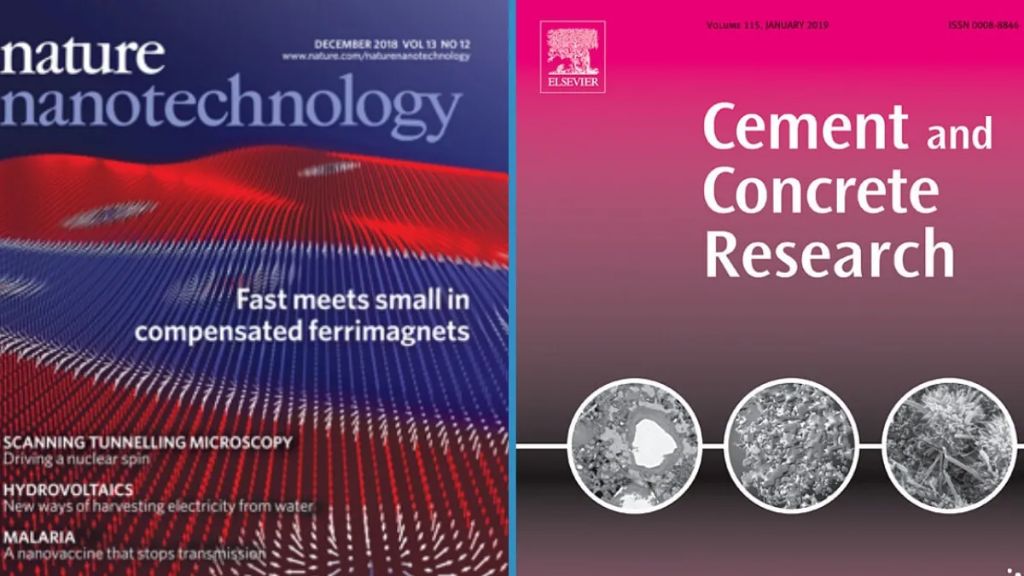
Energy Procedia publishes proceedings from conferences sponsored by Elsevier including the International Conference on Applied Energy, International Conference on Smart Energy Systems and Technologies, International Conference on Energy Research and Development, and others. By publishing high-quality peer-reviewed proceedings, the journal aids in the dissemination and archiving of cutting-edge energy research presented at these global conferences.
Peer Review Process
Energy Procedia utilizes a single blind peer review process, following standards for scientific journal publication. This means the reviewers are aware of the author’s identity, but the author does not know the identity of the reviewers.
The peer review process typically involves 2-4 expert reviewers in the field who assess the paper’s validity, significance, originality and clarity. Reviewers look for appropriate methodology, adequate evidence to support claims, properly cited sources, and an ethical approach to research. Through constructive feedback, reviewers aim to improve the quality and rigor of submissions.
Papers must pass through a rigorous peer review prior to acceptance and publication in Energy Procedia. This process ensures only high quality, original research is published after being thoroughly vetted by field experts. The single blind approach maintains accountability while getting robust feedback to enhance each paper.
Indexing
Energy Procedia is indexed in various databases and abstracting services, most notably:
- Scopus
- Ei Compendex
- Web of Science – Inspec
- Reaxys
- Clarivate – Engineering Index
Being indexed widely shows the journal has passed quality checks and provides its content greater visibility and discoverability for researchers.
According to Scimago Journal Rankings, Energy Procedia has a CiteScore of 5.1 as of 2021, putting in the top 25% of journals in its field. Its Source Normalized Impact per Paper (SNIP) is 2.228.
Impact Factor
Energy Procedia has an impact factor of 4.604 as of 2020 according to the SCImago Journal Rank. This measures the average number of citations received in a particular year by papers published in the journal during the two preceding years. It is one of the tools used to evaluate the importance of a journal in its field. An impact factor of 4.604 indicates that Energy Procedia papers published in 2018-2019 received an average of 4.604 citations in 2020.
The impact factor provides an estimate of the visibility and influence of scholarly journals. A higher impact factor generally indicates a journal is more widely read and respected within its field. As a multidisciplinary journal covering research on renewable and sustainable energy, Energy Procedia’s substantial impact factor shows it is a leading publication in this area.
Publication Frequency
Energy Procedia published 12 issues per year between 2009 and 2019, when it was discontinued. According to the journal’s publisher, Elsevier, Energy Procedia had been publishing 12 issues annually before it was discontinued. As an open access journal, Energy Procedia made conference proceedings freely available on a regular basis across the field of energy research.
Editors
Energy Procedia has a large editorial board with experts in various energy-related fields. The journal is led by Editor-in-Chief Takao Kashiwagi from the Tokyo Institute of Technology in Japan. There are over 150 associate editors supporting the editorial process.
The expansive editorial board includes editors from major institutions around the world, such as MIT, Stanford, Berkeley National Lab, Georgia Tech, Imperial College London, Tsinghua University, and more. This allows Energy Procedia to source high-quality papers from researchers globally.
Having academics and industry experts as editors ensures rigorous peer review and provides guidance on the journal’s aims and scope. The expertise of the editorial board is a key reason the journal has become influential in the energy field.
Publisher
Energy Procedia is published by Elsevier, which is a global leader in information analytics. Founded in 1880, Elsevier is headquartered in Amsterdam and has offices located around the world. According to its website, Elsevier publishes over 500,000 articles annually in more than 2,500 journals.
As a leading publisher of scientific content, Elsevier has extensive experience publishing academic journals, including many well-known titles. Given its long history and reputation, Elsevier provides a recognized platform for Energy Procedia, enabling the journal to reach a wide readership within the academic community.
Being published by such an established publisher lends credibility and visibility to Energy Procedia. The Elsevier brand signals the journal has met high standards for publication and content quality.
Conclusion
In summary, Energy Procedia meets the criteria of an academic/scholarly journal. As covered in this article, it undergoes a rigorous peer review process, is indexed in major academic databases, has an impact factor, publishes original research, has an editorial board of subject matter experts, and is published by Elsevier, a renowned scholarly publisher. The journal covers topics related to renewable and sustainable energy and serves as a platform for sharing new research advancements in the energy field. Based on all the evidence presented, Energy Procedia can definitively be classified as a reputable scholarly journal that disseminates high-quality academic research related to energy.

